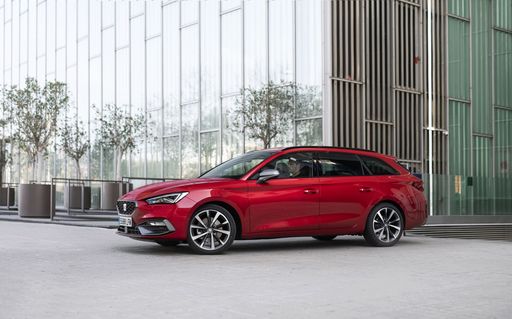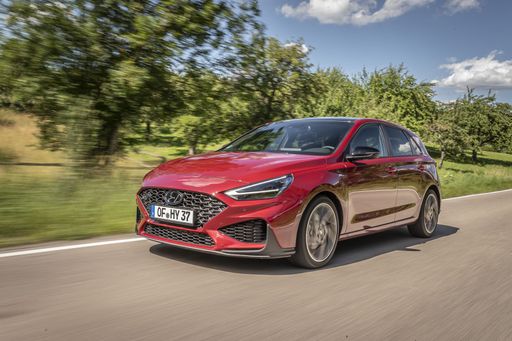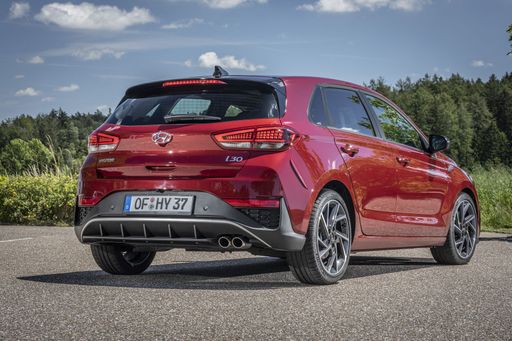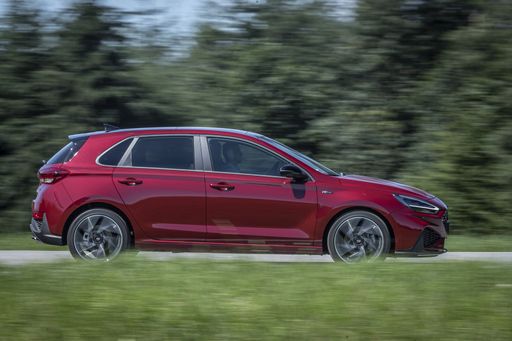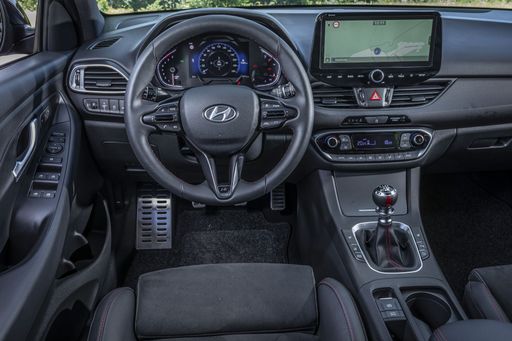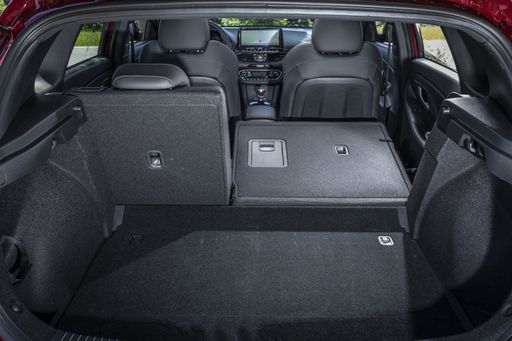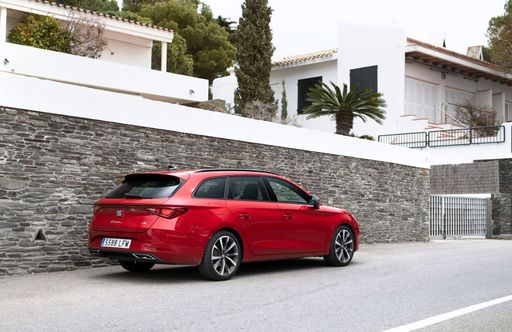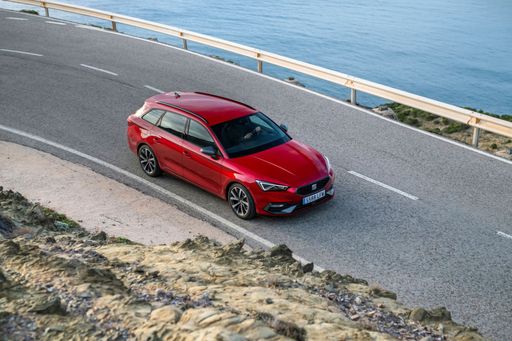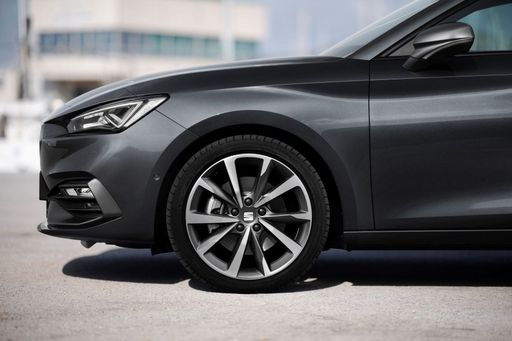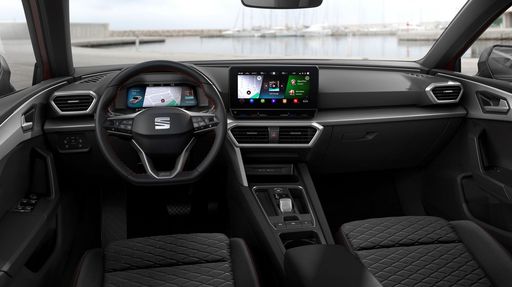The Ultimate Showdown: Hyundai i30 vs. SEAT Leon SP Sportstourer
In the ever-competitive automotive landscape, finding the perfect blend of style, power, and practicality is no small feat. Two contenders that stand out in the compact car segment are the Hyundai i30 and the SEAT Leon SP Sportstourer. Both vehicles present an appealing mix of features and performance. Let's dive into their technical prowess and innovative offerings to see how they stack up against each other.

